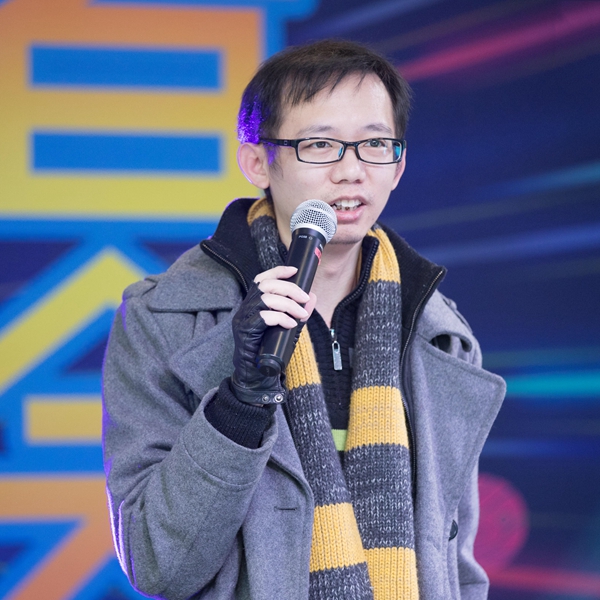Writers explore a galaxy of plots
By Yang Yang | China Daily | Updated: 2020-02-05 08:24

In his novel, different relations-between humans and science, that of lovers, space migrants and their hometowns, new technology and old traditions-are explored in the romantic story between a Japanese researcher of migratory birds and her Chinese lover.
Sci-fi writer Li understands guanxi from the perspective of the universal rule that the gravity between two points far away from each other will change as they move closer. "During Spring Festival, relations change as people move," he says, adding that "all interesting things are caused by change".
In his story Tonight, They Will Wake Up, Li metaphorically uses an alien perspective to explore the guanxi between Chinese traditions and foreign ideas rushing in from developed countries. In the story, interested in Chinese traditional culture, aliens from an advanced civilization that have no physical structures sneak aboard a spaceship full of Chinese people, possess their bodies, absorb their memories and live there. As the Lunar New Year's Eve approaches, however, homesickness gradually revives memories and weird things start to happen.
"This is a story about identity and a different way to see the world. My challenge is how to combine the thrilling effect with humane warmth in this story about Spring Festival," Li says.
Liu Shuying (whose pen name is Zhou Wen), 24, is a rising sci-fi writer. Her short story Silent Syllables won the China Science Fiction Readers' Choice Award in 2018.Another one The Girl That Stole Someone Else's Life won the Terran Prize for 2019, a prize founded by US writer George R.R. Martin of Game of Thrones fame.
In the story Butterflies of Language published on Bucunzai, language appears as butterflies in the eyes of the narrator, a young Chinese woman studying in the United States. In order to realize the dream of her beloved maternal grandmother who was fatally ill, she tries to create a language butterfly effect to influence a host of the Spring Festival Gala, the TV event watched by hundreds of millions of Chinese people on Lunar New Year's Eve.
As a student of the English language and translation, Liu Shuying wrote about social media's negative influence on language and people's minds. She explored the relationship between language, new technology, and humanity in the age of social media when people tend to coin expressions that can go viral in a short time at the cost of language, and, sometimes, humanity.
























